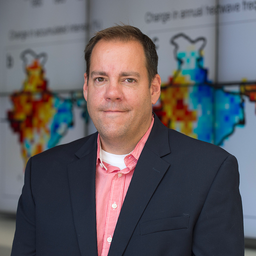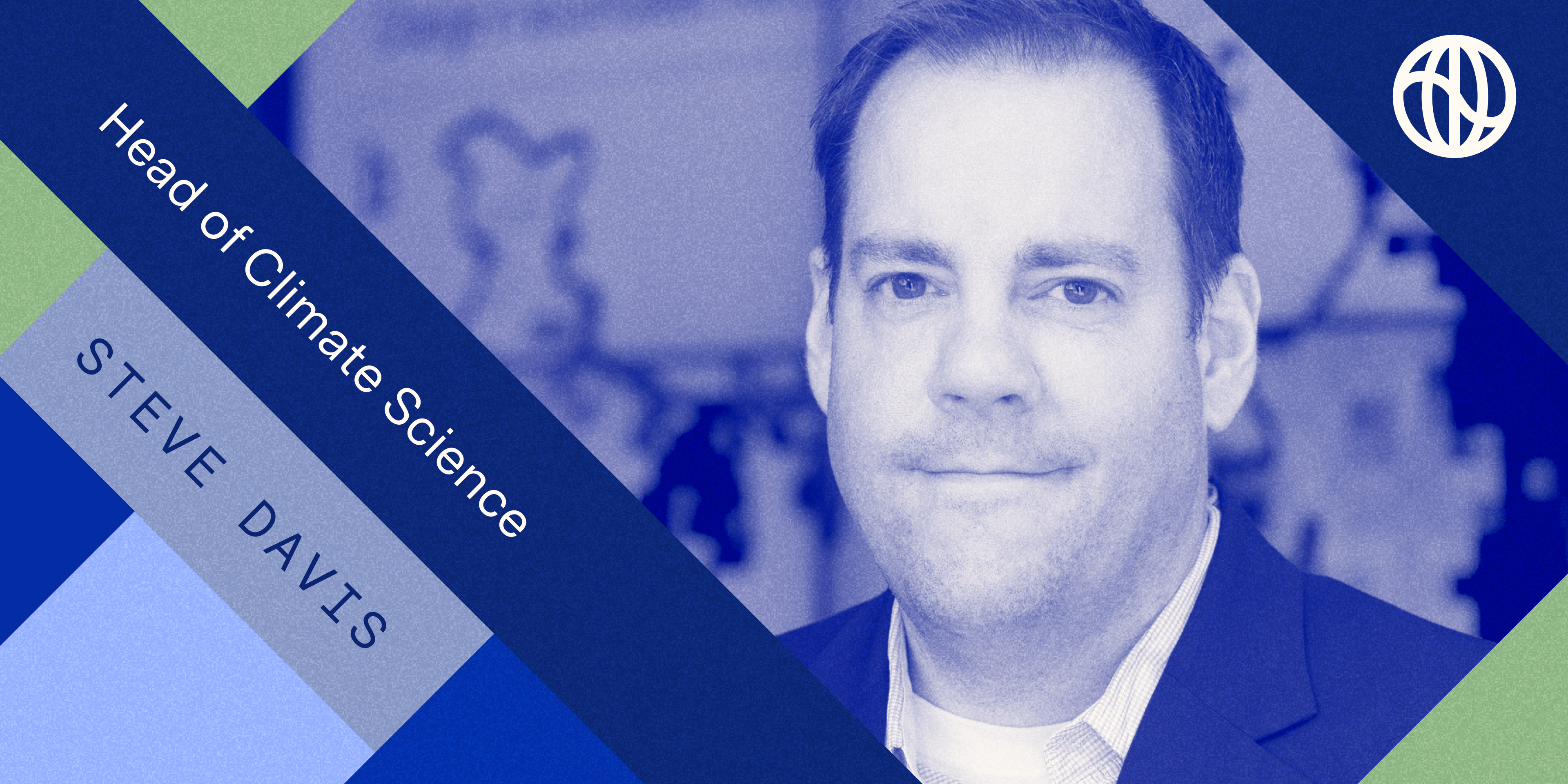
Steve Davis is a professor of earth system science at UC Irvine, a highly-cited scientist, contributing author of the energy systems chapter of the latest IPCC assessment report (AR6), lead author of the mitigation chapter of the forthcoming National Climate Assessment (NCA5), member of the Scientific Steering Committee of the Global Carbon Project, and co-lead of the Carbon Monitor initiative. Today, he's pivoting to join Watershed full time—here's why, and his thoughts on how businesses are critical to solving climate change.
I love being a professor. In particular, I treasure the freedom to generate new knowledge on topics that I think are important. And for more than a decade, that’s meant, together with students, postdocs, and collaborators, publishing dozens of papers detailing the sources of carbon emissions and how we can reduce them. But not infrequently after delivering a talk on our latest work, I get a question that I can’t answer: has our research had any effect on public policy or decision making?
Of course I hope our work has influenced the thinking of decision makers, and there have been a handful of times I know it has—but more often than not the impact outside academia isn’t clear. It’s because I want to have a better answer to that question that I’m taking a break from professor-ing to work at Watershed.
Why the private sector? I have many fantastic academic colleagues who’ve joined environmental non-profits or spent time in government, and there’s no question that policy, advocacy, and activism all have important roles to play in reaching our climate goals. But in my view, the quickest and most reliable way to break through the political and social barriers that stand between humanity and a stable climate is to harness the power of business. When reducing carbon emissions is good for business, favorable public policies and social acceptance are likely to follow.
But the growing number of businesses aiming to cut their emissions urgently need guidance. It’s not easy to produce a detailed and reliable inventory of emissions related to a company’s activities, assets, and supply chains, or to assess and prioritize among proliferating mitigation options. Moreover, the science of greenhouse gas accounting is still evolving, and companies often have different and multiple sustainability-related goals to balance. Ensuring and maximizing the real-world impact of companies’ efforts will require translating and applying the best and latest science, and that’s where Watershed and our growing team of scientists come in.
This is my first week at Watershed as Head of Climate Science, and my first time working outside of academia in almost 20 years. I’m sure I have a lot to learn, but I’m just as sure that closing the gaps between science and business will be critical for companies that want to change not only their businesses but the world for the better.
We’re hiring! Browse open roles or drop me a line.






